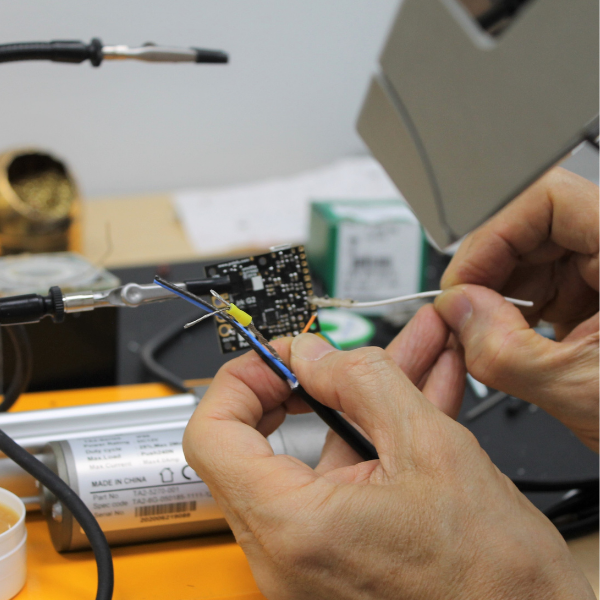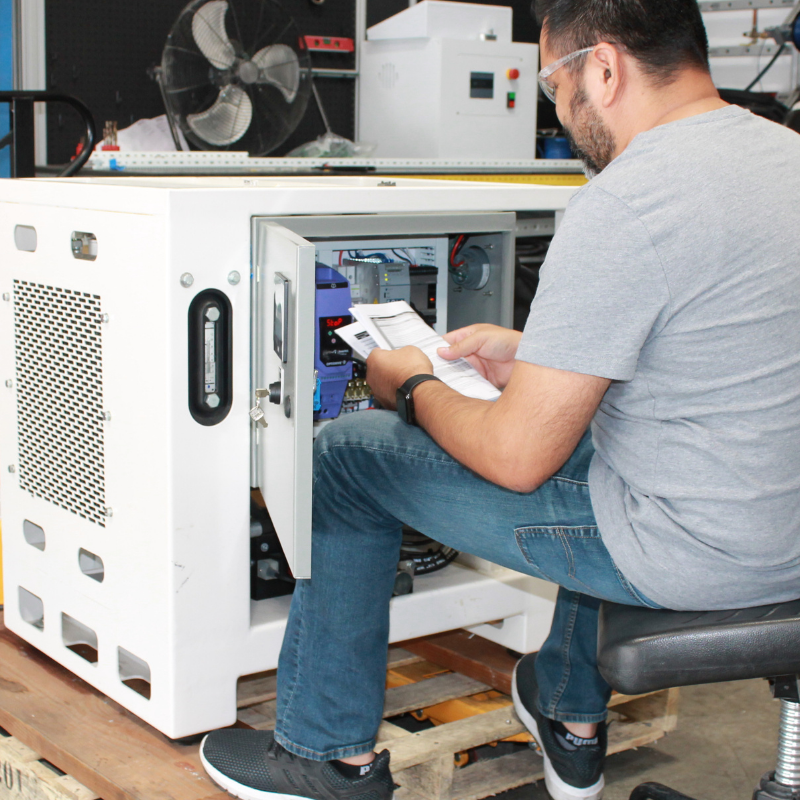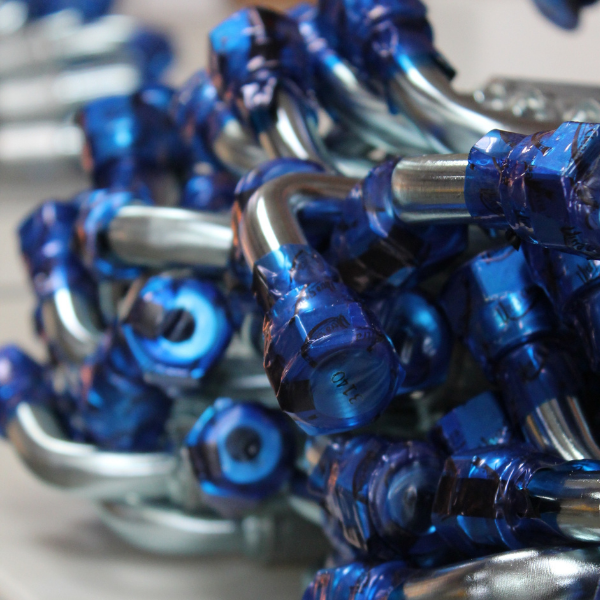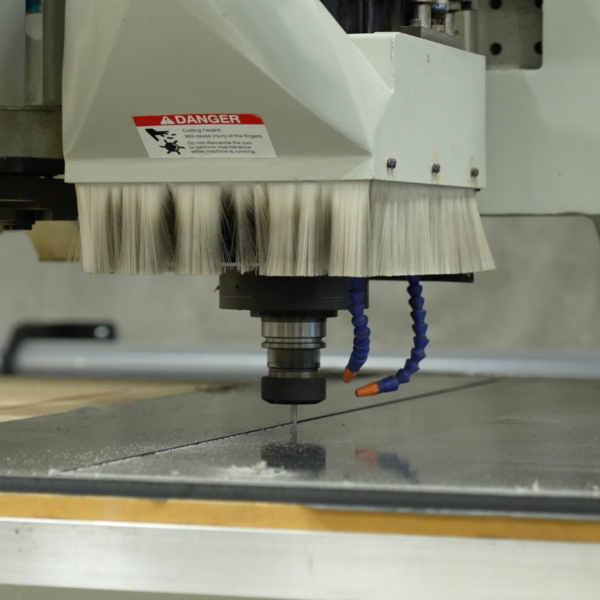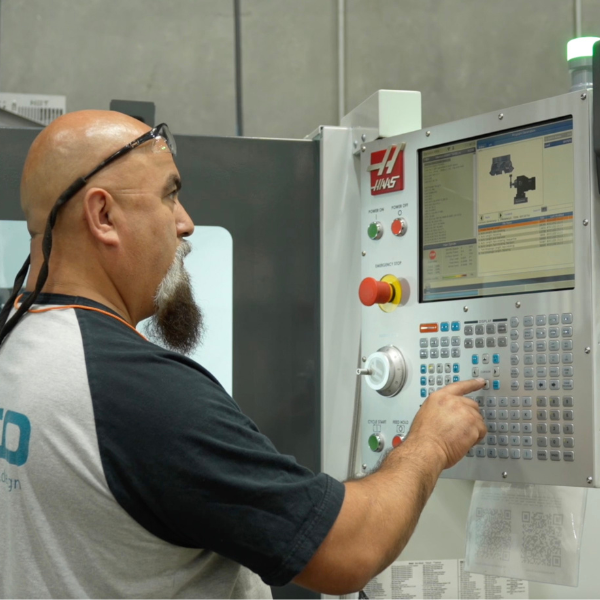Industrial AI and Robotics Controller System in the Waste Recycling Industry
Project Introduction
As governments and industries globally work to enhance recycling standards, the challenge of efficiently sorting vast amounts of waste is growing. Recycling centers need systems capable of accurately identifying and sorting materials like glass, plastic, cans, and complex material mixtures. There is a strong environmental drive to reduce greenhouse gas emissions, prolong the lifespan of incinerators, and recover valuable recyclable materials that would otherwise be wasted.
A recycling center customer required an advanced AI solution that could operate effectively in the harsh environments of a recycling plant. The goal was to automate the identification and classification of materials on the recycling line.
System Requirements
The customer’s primary needs included:
- Automated Sorting: A solution that could identify materials such as glass, plastic, and cans.
- High Processing Performance: A system capable of processing large volumes of data on-site to accelerate identification and classification of objects.
- Harsh Environment Compatibility: The solution needed to function in industrial settings, with ruggedness against environmental challenges such as vibrations and temperature extremes.
- Edge Computing Solution: The customer required edge computing hardware that could support AI workloads and high-speed processing with minimal latency.
After working with an Advantech Channel Partner, the customer found that Advantech's MIC-770 and MIC-75G20 solutions were an ideal fit for their high-performance edge computing needs.
System Description
The MIC-770 and MIC-75G20 form a powerful combination for industrial AI solutions:
- MIC-770: A compact industrial PC with powerful Intel 9th Gen CPUs.
- MIC-75G20: A GPU expansion module that can accommodate one high-performance GPU card and one 4-port PoE frame grabber card. This setup can connect up to four PoE cameras.
By adding a 4-port PoE FIO module to the MIC-770, the system was expanded to support eight PoE cameras. These cameras capture large amounts of image data which is processed by the GPU card. The images are analyzed using AI models to identify and classify objects in real time. Once identified, the AI sends instructions to robotic arms to pick and place specified items quickly and efficiently, processing more than 80 items per minute.
The system’s design ensures fast turnaround time, enabling highly accurate sorting at eye-blinking speeds, which significantly improves recycling efficiency.
Project Implementation
The hardware configuration used in this project was:
- MIC-7700Q + MIC-75G20 with an NVIDIA GPU card
- PCIe-1674 + 4-port PoE advance FIO
These components allowed for:
- High-performance processing
- Accommodation for one GPU card and eight PoE camera ports
- Integration of additional components for flexible expandability and higher performance
The integration of the i-Modules in the MIC-7000 series of PCs ensured the system met the customer's performance requirements, provided multiple I/O interfaces, and enabled future scalability.
System Diagram
-
MIC-7700Q (Industrial PC)
- NVIDIA GPU for high-performance video processing
- 4-port PoE FIO for eight cameras
-
MIC-75G20 (GPU Expansion Module)
- Accommodates one GPU card for advanced AI processing
- Captures and processes video data from multiple cameras
-
AI Model running on the edge system
- Identifies, classifies, and directs robotic arms for sorting tasks
Featured Highlights:
- High-Performance System: Meets the high computational demands of real-time AI processing.
- Harsh Working Environment: Designed to withstand industrial conditions, including vibrations.
- Expandable Design: Accommodates GPU and plugin cards for enhanced performance.
- Fast Turnaround Time: Ready-to-deploy system reduces lead time.
- Strong Technical Support: Comprehensive customer support and repair services.
Conclusion
By leveraging Advantech’s industrial-grade hardware solutions, the recycling center was able to enhance its sorting capabilities, achieving a higher level of automation and efficiency. The AI-powered system, supported by the MIC-770 and MIC-75G20, enabled faster identification and classification of recyclable materials, contributing to a more sustainable and economically viable recycling process.
Thanks to the quick turnaround time and robust technical support, the end user could rapidly deploy the solution and integrate it into their existing operations. The success of this project highlights the power of industrial AI solutions in transforming recycling processes and improving environmental outcomes.


